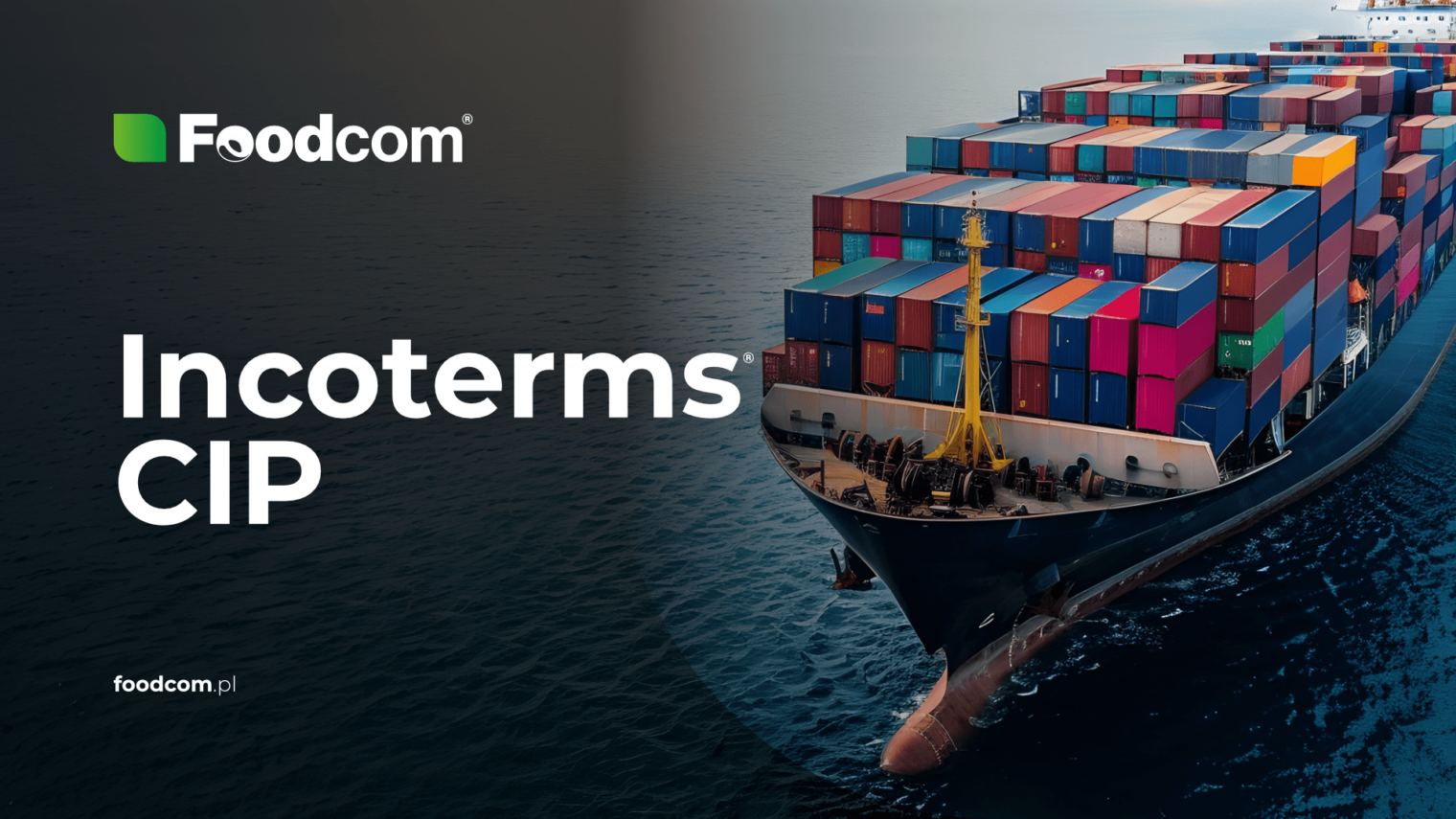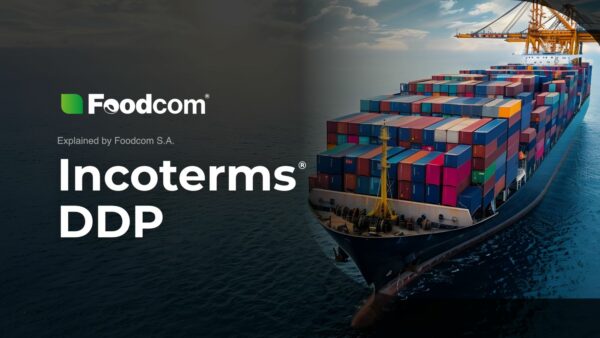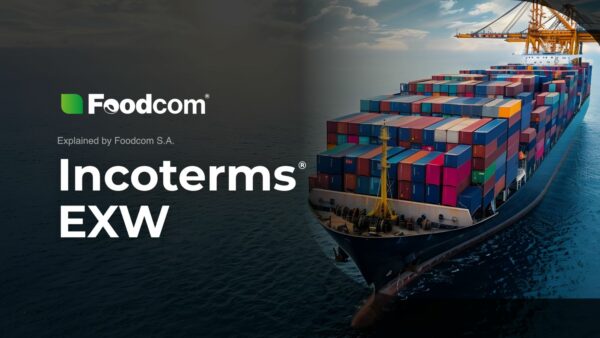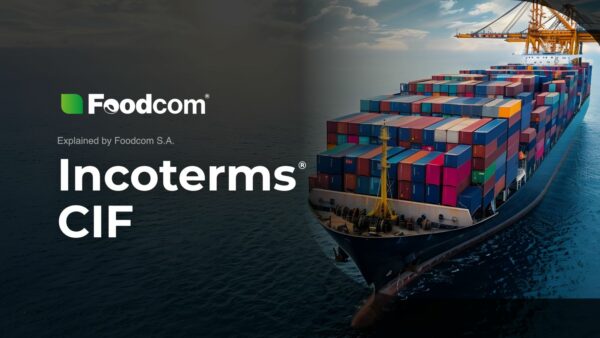- Incoterms are international rules that define the types of commercial contracts for the supply of goods.
- CIP is an Incoterms rule that states that the seller arranges and pays for the transportation of the products.
- The risk of any loss during transport is borne by the buyer, but the seller is obliged to pay for shipment insurance.
What are the Incoterms® rules?
The Incoterms® (International Commercial Terms) rules are a set of international standards introduced by the International Chamber of Commerce (ICC) that regulate the terms of delivery of goods in commercial transactions. The Incoterms rules help companies involved in international trade to clearly define the rights and obligations of both parties to a transaction, precisely indicating the point at which responsibility for the goods passes from one party to the other.
CIP Incoterms 2020 – what does it mean?
CIP, or ‘Carriage and Insurance Paid’, is an Incoterms® rule that requires the seller to arrange for the transport of the goods to a specified location and to take out insurance for the buyer. In practice, this means that the seller transports and delivers the goods to the designated destination and provides insurance.
Terms of delivery CIP
Under Incoterms CIP, the seller is obliged to organise and pay for the transport of the goods to the place indicated by the buyer. Furthermore – according to the minimum insurance clauses set by the ICC – the seller must take out an insurance contract that covers at least 110% of the value of the goods.
Allocation of costs
The seller shall bear the costs:
- transporting the goods to their destination,
- commodity insurance,
- export clearance and all export formalities,
- loading of goods.
The buyer shall bear the costs:
- unloading of goods at destination,
- import clearance (customs duties and taxes on imports).
Division of responsibilities
Under Incoterms CIP, the seller is obliged to: deliver the goods to the contractually designated destination, ensure that the goods are properly packaged and labelled, and provide the buyer with the necessary documents, such as the contract of carriage or the insurance policy.
In turn, the buyer must take care of: unloading the goods at the destination, arranging import clearance and paying any import charges.
Moment of risk transfer
Unlike other Incoterms® rules, in the case of CIP, the risk of the goods passes to the buyer when the goods are handed over to the first carrier and not when they are delivered to their destination. This means that it is the buyer who bears the risk of damage or loss to the goods during transport.
Forms of transport
CIP is an Incoterms® rule that can be applied to various forms of transport, including road, rail, sea and air.
What should be kept in mind when choosing Incoterms® CIP?
When choosing Incoterms® CIP, it is worth remembering that although it is the seller who organises transport and insurance, the risk associated with the goods passes to the buyer as soon as the goods are handed over to the first carrier.
It is also worth bearing in mind that although the CIP obliges the seller to take out insurance, the buyer may choose to take out additional insurance to protect the goods even more strongly. It is worth making sure that the insurance policy covers all risks that may occur during transport.
CIP versus other Incoterms® rules
Incoterms CIP is often compared to the CIF (Cost, Insurance, and Freight) rule. Both rules require the seller to take out insurance on behalf of the buyer, but CIF is only used for sea and inland waterway transport.
Furthermore, in the case of CIP, the seller is only liable for the goods until they are handed over to the first carrier, whereas in CIF, the risk only passes to the buyer upon delivery of the goods. The same is true of the CPT delivery terms. What the CPT and CIP rules have in common is that in both the seller bears the cost of delivery.
Trading with Foodcom S.A.
In global trade, the choice of the right Incoterms® rule can significantly affect the course and cost of a transaction. At Foodcom S.A., the mode of transport is chosen in consultation with logistics specialists, based on the specifics of the goods, the place of delivery and the mode of transport. By choosing CIP, the seller can rest assured that the goods will be delivered to their destination and the buyer can rest assured that the goods are adequately insured.
This solution is ideal for international trade, where the risks and uncertainties associated with transport can be significant. With clear and precise CIP delivery terms, both parties can focus on achieving their business goals, minimising the risk of misunderstandings and disputes.









